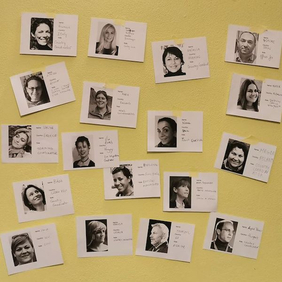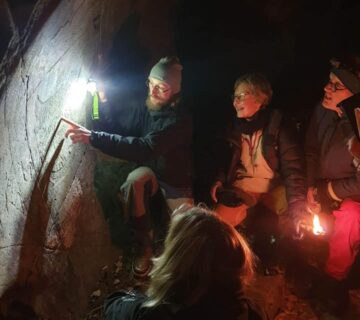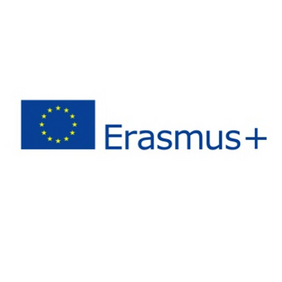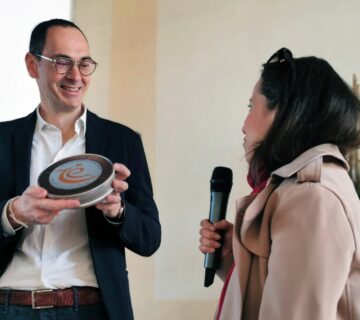In November, as many coordinators as possible made it to Prague to meet with each other in person and with the IE management. Each of us cover different fields of responsibility, have different skills and resources, and yet, all of us are working together to move IE even further forward in 2020.
The meeting consisted of a series of activities, group discussion and individual work under the broad structure of four themes: coordinators’ roles; my team; keeping the spark alive; and being an IE ambassador. The overall aim was to build capacity for coordinators to develop their goals and outcomes for their team’s 2020 vision paper, whilst strengthening the working relationship and support network between all coordinators.
Annual meetings like this are like a glue, holding different pieces together and like a market place with different ideas and aspirations being aired and waiting to be captured and capitalised upon. Only after bringing all of this together can we see what seeds shall be planted in order to anticipate a fruitful harvest next year. The management plan will be written by March 2020, thanks to all coordinators.
IE has currently 30 coordinators, along with their teams, which means that around 90 members are involved in the management of our association.
Country coordinators are primarily concerned with how to increase membership and develop heritage interpretation in their countries, while subject coordinators aim to develop interpretive approaches in a specific field, like natural heritage or interpretation for children. Managing coordinators on the other hand, help with the running of IE. Each coordinator is surrounded by dedicated team members who contribute to the achievement of the goals as set out in the management plan.
From Abby McSherry, Country Coordinator Ireland:
I had always felt a bit jealous of some of the other country coordinators with large memberships and actual teams to play with. Groups of people reading from the same page, willing to volunteer to help, was a concept that was light-years away from me here on the edge of Europe. (More about edges later!) Here in Ireland, the membership stands at just me and one other! However, joining in the planning workshops showed me just how much hard work is involved in organising on a country basis where there is a larger membership. It outlined some of the challenges and shared some solutions and, most importantly, gave me a tonne of ideas about how I could change my suite of problems from no members to many. I started the meeting feeling a bit of a perennial failure (Ireland’s membership numbers have not changed since last year’s coordinators’ meeting) but this year I left with a clear targeted two-year plan and a concrete and attainable set of goals. The weekend also introduced me to some more wonderful inspiring people. So much so that the ad-hoc continuation of the IE meeting held at Prague airport (to cope with early flight departures and taxi sharing) resulted in a new casual group for us: The Edgy Working Group. We hope this group will enable those of us on the edges of Europe, from Ireland to the Azores and all the frilly bits in-between, to chat and share ideas, resources and encouragement. We are using WhatsApp and an online forum called Slack to help plan ideas and keep us engaged out on the edges. Let us know if you are also out on an edge and wish to join in our chats for more support!
Many thanks to our managing coordinators, particularly Valya Stergioti our Training Coordinator, for organising two fruitful days of workshop. We all feel more empowered to take this association forward in 2020.
Helena Vičič is the IE Office Manager and from January 2020 will become one of IE’s Managing Directors. She can be contacted at: helena.vicic@interpret-europe.net.
Marie Banks is IE’s News Coordinator. She can be contacted at: marie.banks@interpret-europe.net.
Abby McSherry is IE’s Country Coordinator Ireland. She can be contacted at: abby.mcsherry@interpret-europe.net.
To cite this article:
Vičič, Banks, McSherry (2019) ‘Planting seeds in Prague’. In Interpret Europe Newsletter 4-2019, 9.
Available online: www.interpret-europe.net/fileadmin/Documents/publications/Newsletters/ie-newsletter_2019-4_winter.pdf




